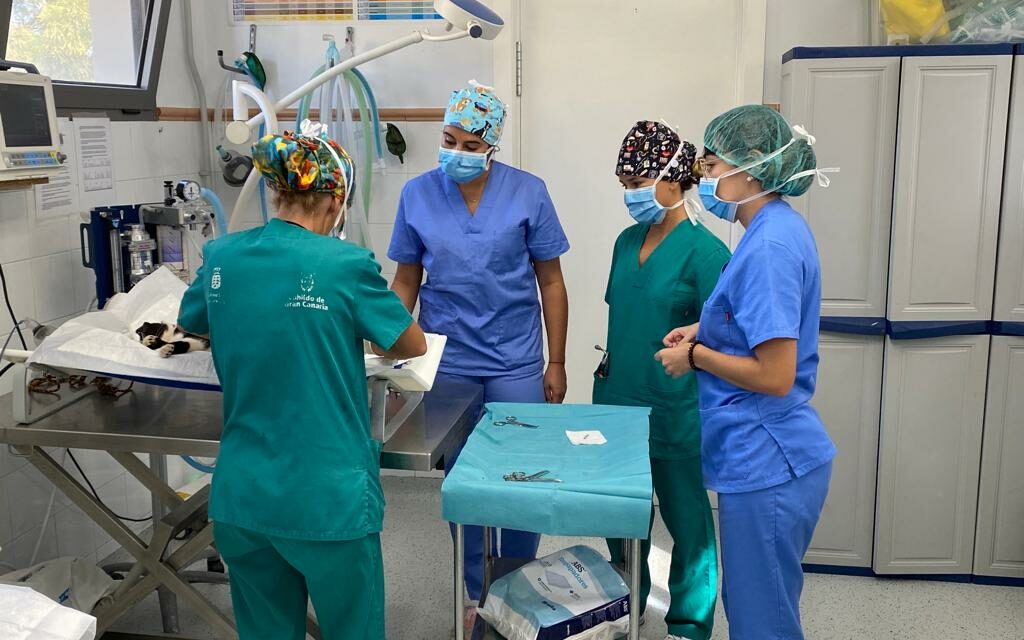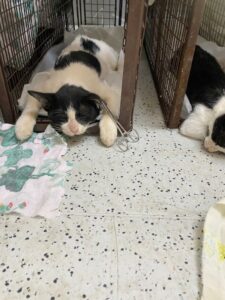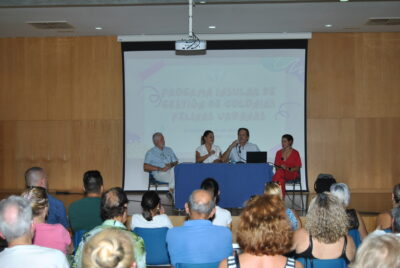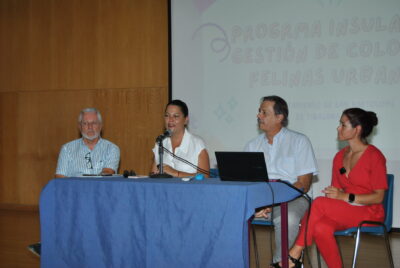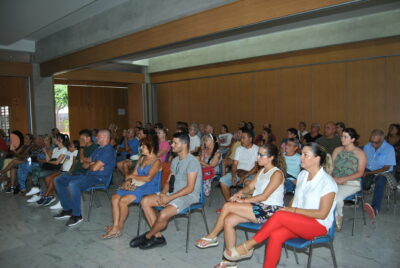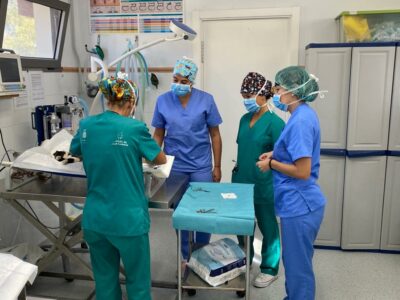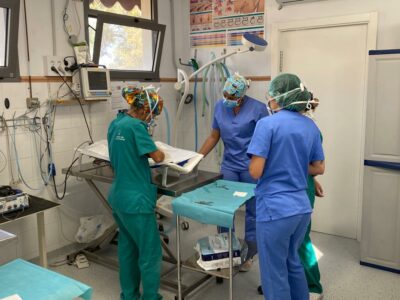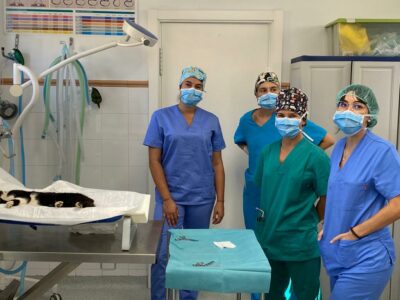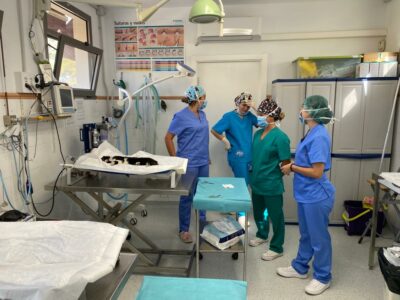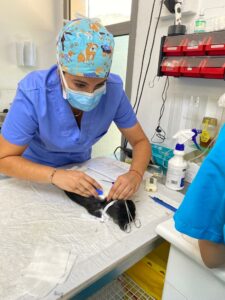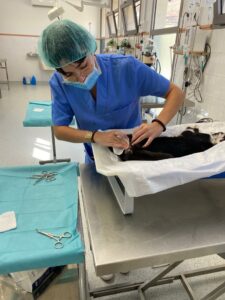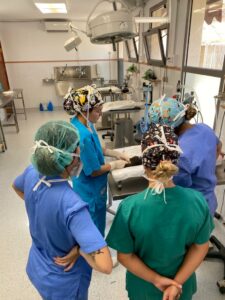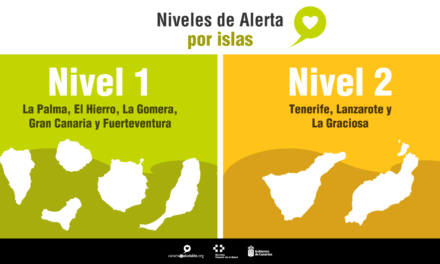It’s been more than ten years since the animal respect charity TARA first advocated for and ran a mass sterilisation program or feral cats, in their private enterprise supported by Danish vets they managed to sterilise more than 300 cats in less than one week. Now the southern municipality of San Bartolomé de Tirajana has initiated their own large-scale sterilisation campaign targeting urban feline colonies, the very first municipality in The Canary Islands to do so. This move is in line with Spain’s new Animal Protection and Welfare Law (7/2023), which became effective as of September 29th.
The New Law
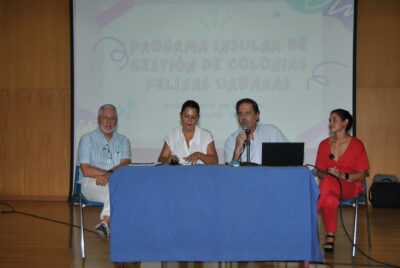 The newly enacted law now mandates all municipalities to manage local feline colonies through a comprehensive program that includes feeding, health monitoring, and population control measures such as sterilisation. Article 39 of the law explicitly places the responsibility for the management of ‘community cats’—those living freely within certain territories—on local town halls.
The newly enacted law now mandates all municipalities to manage local feline colonies through a comprehensive program that includes feeding, health monitoring, and population control measures such as sterilisation. Article 39 of the law explicitly places the responsibility for the management of ‘community cats’—those living freely within certain territories—on local town halls.
First in the Region
San Bartolomé de Tirajana, the town hall responsible for popular tourist resorts like Playa del Inglés and Maspalomas, has become the first municipality to undertake such an extensive sterilisation and microchipping operation as part of the island’s program for managing urban feline colonies. This initiative is a collaborative effort involving the Official College of Veterinarians of Las Palmas, and the local council.
Initial Results
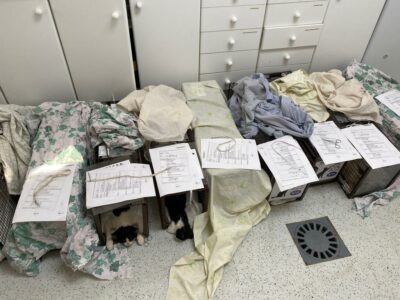 The first phase of the campaign was led by the local Health Councilor, Araceli Armas Cruz, treating 10 cats from two colonies in the San Agustín tourist area. These cats were dewormed, sterilised, and microchipped at the Albergue Insular de Animales, island animal shelter run by the Cabildo de Gran Canaria and the Veterinarian College. Individual carriers were used to transport the cats to reduce stress.
The first phase of the campaign was led by the local Health Councilor, Araceli Armas Cruz, treating 10 cats from two colonies in the San Agustín tourist area. These cats were dewormed, sterilised, and microchipped at the Albergue Insular de Animales, island animal shelter run by the Cabildo de Gran Canaria and the Veterinarian College. Individual carriers were used to transport the cats to reduce stress.
Upcoming Events
The second large-scale sterilisation and microchipping event is scheduled for October 24th and will require the participation of 4 to 5 veterinarians. Additional actions to fulfil the quota set for San Bartolomé de Tirajana will be carried out later through local veterinary centres participating in an island-wide campaign.
By commencing this sterilisation program, San Bartolomé de Tirajana has taken a pioneering role in animal welfare and population control, setting an example for other municipalities in the region.

